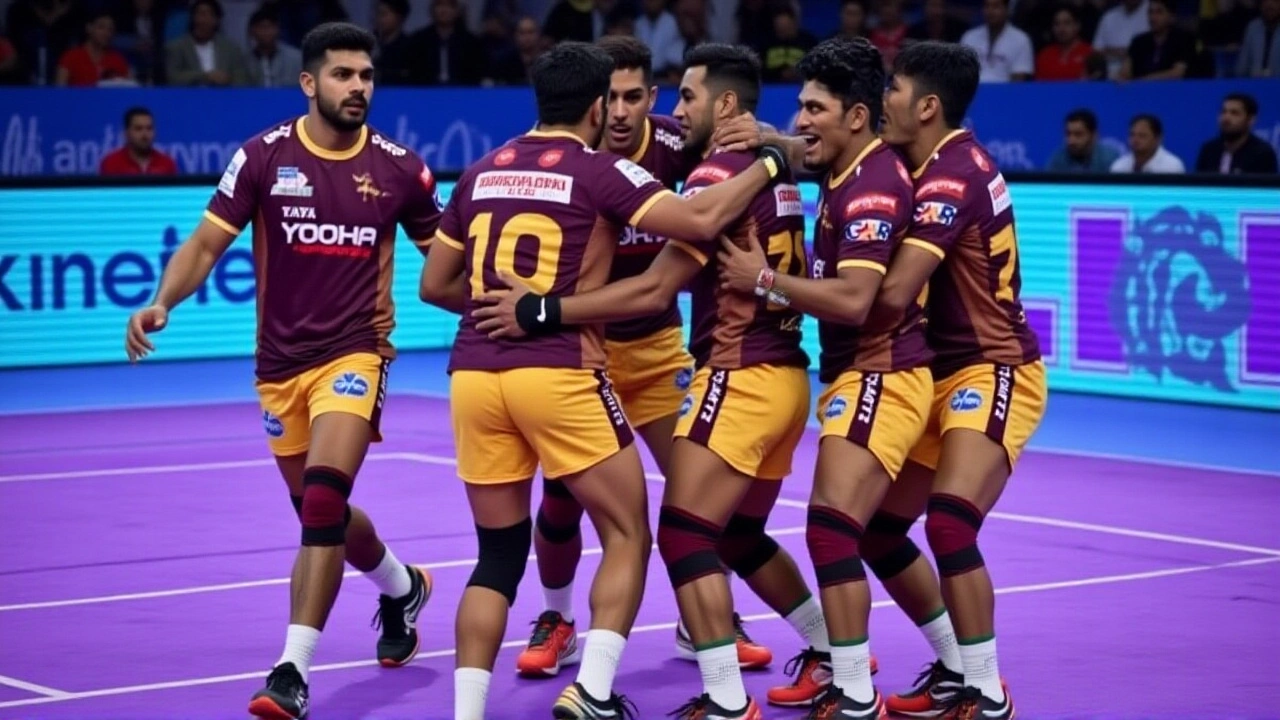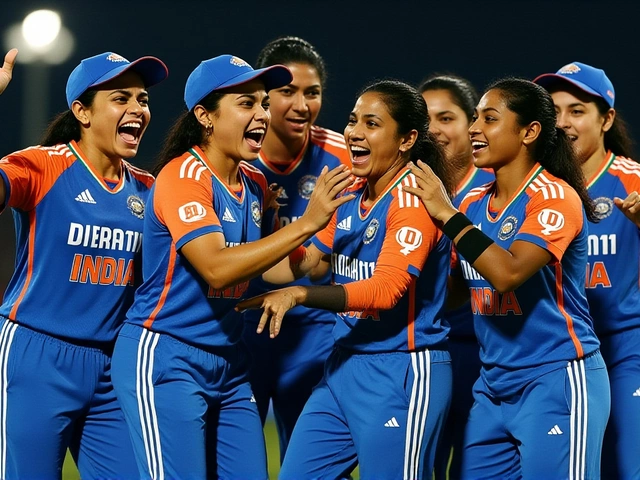Patna Pirates – All You Need to Know
When talking about Patna Pirates, a professional Kabaddi franchise based in Patna, Bihar that competes in the Pro Kabaddi League (PKL). Also known as Patna Pirates PKL team, it has become a benchmark for consistency in Indian sports. The club’s identity is tightly linked to Pro Kabaddi League, the premier competition that has turned Kabaddi into a television staple across the subcontinent. Understanding how the Pirates fit into this ecosystem helps fans and newcomers alike grasp why the team matters beyond just match scores.
Why Patna Pirates Matter in the Kabaddi Landscape
Patna Pirates encompasses Kabaddi, a contact sport that blends strategy, agility, and sheer strength. The team’s success requires a blend of seasoned raiders and sturdy defenders, a balance that team strategy constantly refines. Over the years the Pirates have set a record of four PKL titles, showing that strong scouting and player development can dominate even a league that’s evolving quickly. Their rise also illustrates how a city’s passion—here Patna’s deep-rooted love for regional sports—can fuel a franchise’s brand, sponsorship deals, and fan engagement.
One of the most visible parts of the Pirates’ brand is the home arena, the Khudiram Bose Stadium. The venue’s electric atmosphere turns every home game into a pressure cooker for both the roster and the opposition. A packed stadium also translates into higher broadcast ratings, which in turn attracts better sponsors and bigger prize money. This cycle shows how venue quality influences league economics, a relationship often overlooked when fans focus solely on on‑court performance.
Coaching is another cornerstone. The Pirates have employed coaches who bring a mix of international exposure and local know‑how, enabling the squad to adapt tactics mid‑season. A coach who can read the opposition’s raid patterns and adjust the defensive formations gives the team a tactical edge. This need for adaptive coaching mirrors trends in other sports where data‑driven decisions are becoming the norm.
Player recruitment also follows a distinct pattern. The franchise frequently scouts talent from the junior Kabaddi circuit, giving youngsters a platform to showcase their skills on a national stage. This pipeline not only ensures a steady flow of fresh talent but also strengthens the sport’s grassroots base in Bihar. When a rookie bursts onto the scene with a high‑point raid, the entire league feels the ripple effect, driving up competition and viewership.
Fans play an active role beyond cheering in the stands. Social media groups, local fan clubs, and community events keep the Pirates’ identity alive year‑round. These interactions generate user‑generated content that fuels the league’s digital footprint, a factor that marketing teams leverage to attract younger audiences. In short, the team's influence spreads from the mat to the screen, creating a feedback loop that benefits both the franchise and the league.
Below you’ll find a curated collection of articles that dig deeper into each of these aspects – from match‑by‑match breakdowns and player stats to behind‑the‑scenes stories about coaching decisions and fan culture. Whether you’re a die‑hard supporter looking for the latest raid analysis or a newcomer trying to understand why Patna Pirates dominate the PKL, the posts listed after this intro will give you the insights you need.

Patna Pirates Beat UP Yoddhas 34-31, Clinch Playoff Spot in PKL 10
Patna Pirates beat UP Yoddhas 34‑31 at Hyderabad, clinching a playoff spot in PKL Season 10 as defensive grit outweighs Yoddhas' raiding surge.
Categories
- Cricket (5)
- Digital Marketing (3)
- Sports (2)
- Digital Marketing Strategies (1)
- Social Media Marketing (1)
- Digital Marketing Agency Resources (1)
- Digital Marketing and Advertising (1)
- Online Shopping & E-commerce (1)
- Technology and Digital Marketing (1)
- Entertainment (1)


